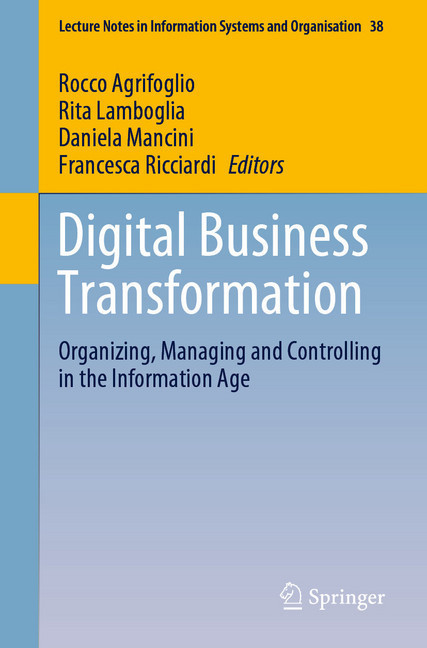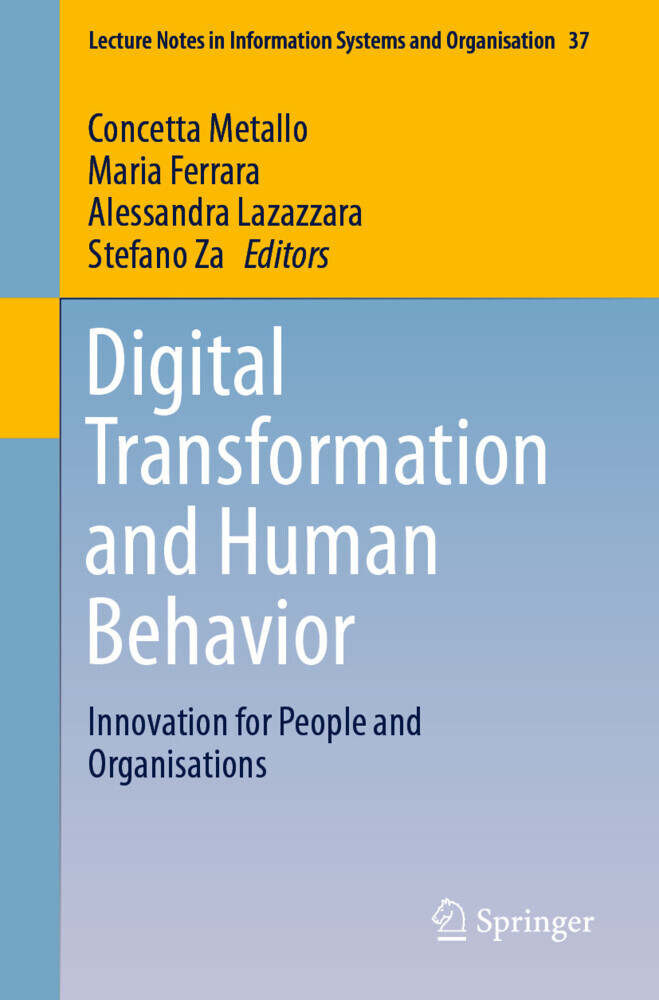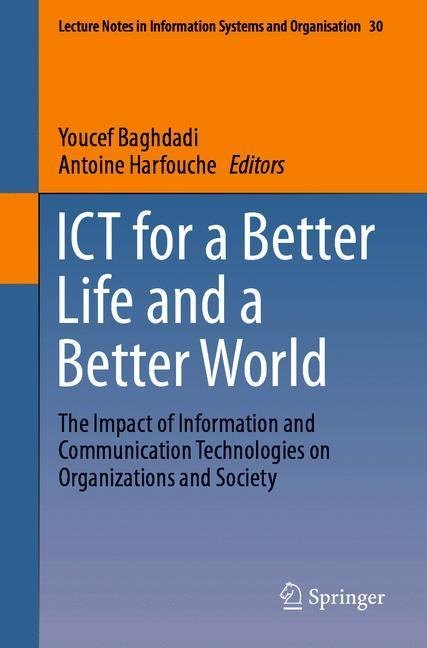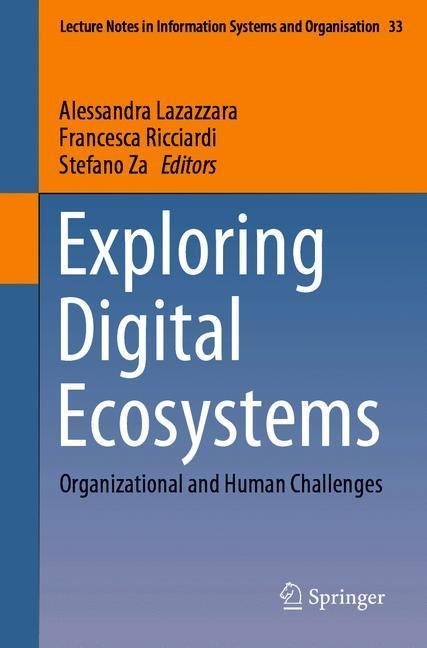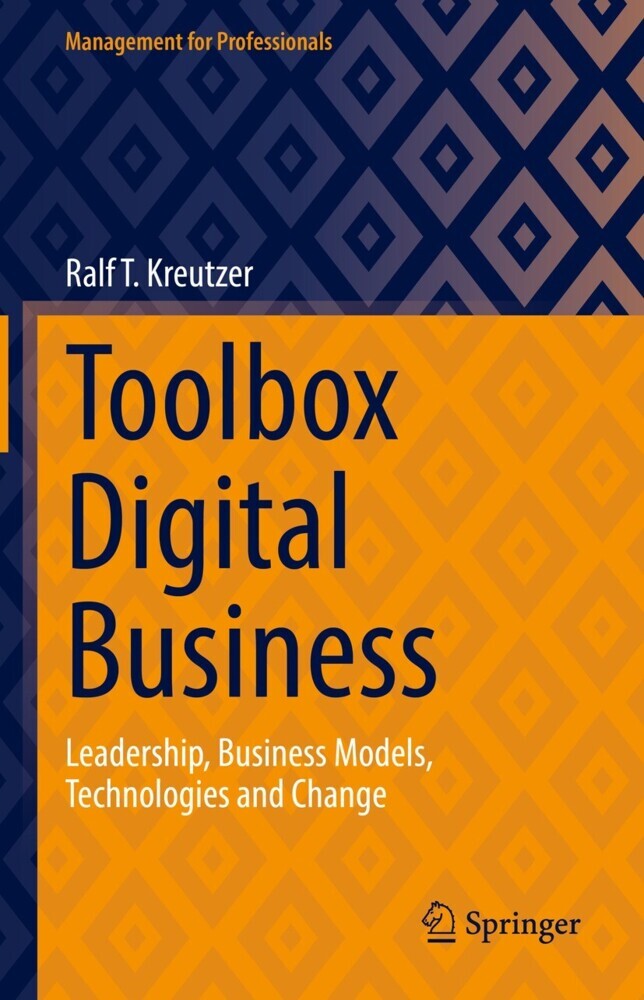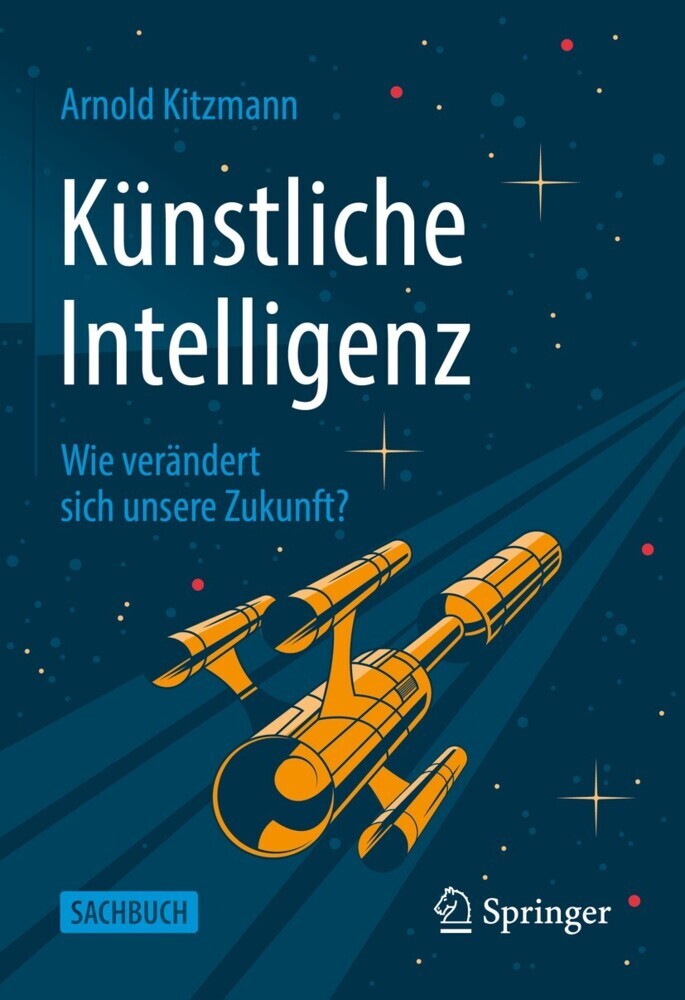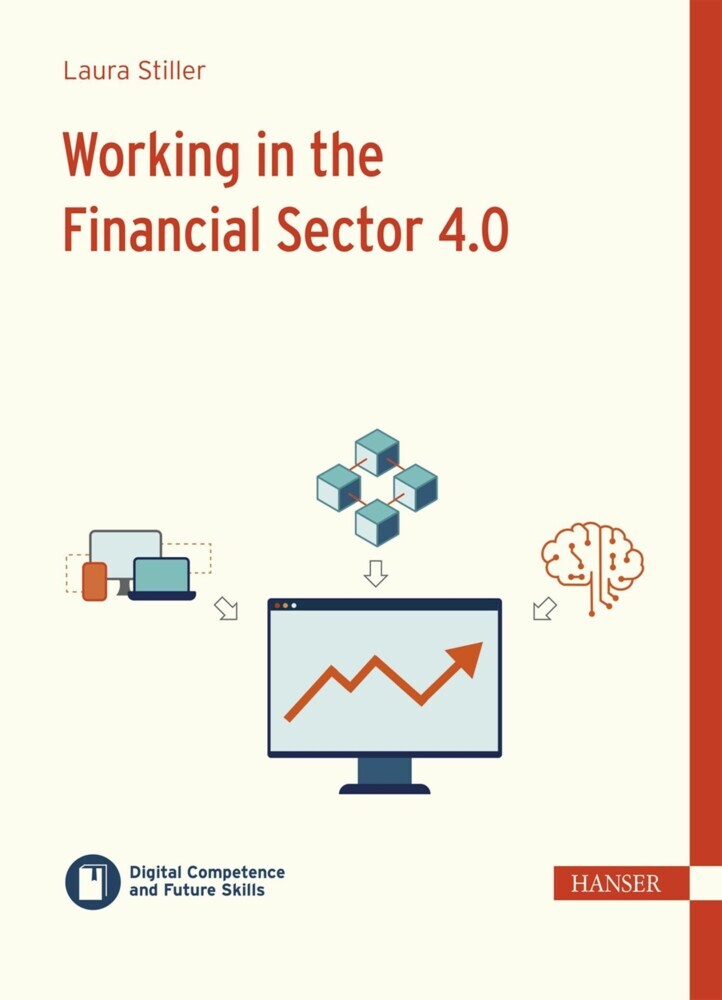Digital Business Transformation
The recent surge of interest in 'digital transformation' is changing the business landscape and posing several challenges, both organizational and sectoral. This transformation involves the application of digital technology in all aspects of business, and enables organizations to create new products and services, and to find more efficient ways of doing business.
Moreover, the digital transformation is happening within and across organizations of all types and in every industry, producing a disruptive innovation that can break down the barriers between people and organizations, and help create more adaptive processes. In the information age, it is imperative for organizations to develop IT-related capabilities that allow them to leverage the potential of digital technologies. Due to the pervasive effects of this transformation on processes, firms and industries, both scholars and practitioners are interested in better understanding the key mechanisms behind the emergence and evolution of the digital business transformation.
This book presents a collection of research papers focusing on the relationships between technologies (e.g., digital platforms, AI, blockchain, etc.), processes (e.g., decision-making, co-creation, financial, compliance, etc.), and organizations (e.g., smart organizations, digital ecosystems, Industry 4.0, collaborative networked organizations, etc.), which have been categorized into three major areas: organizing, managing and controlling. It also provides critical insights into how the digital transformation is enhancing organizational processes and firms' performance through an exploration and exploitation of internal resources, and through the establishment of external connections and linkages.
The plurality of views offered makes this book particularly relevant for users, companies, scientists, and governments. The content of the book is based on a selection of the best papers (original double-blind peer-reviewed contributions) presented at the annual conference of the Italian chapter of the AIS, which was held in Naples, Italy in September 2019.
Rocco Agrifoglio, PhD, is Associate Professor of Organization Studies at the 'Parthenope' University (Naples, Italy). He has earned his PhD in Management and Business Administration from the same University and he has also been a visiting scholar at University of Westminster (London, UK) and University of Castilla-La Mancha (Ciudad Real, ES). His primary research interests are communities of practice, technology acceptance and usage, IS continuance, and e-court.
Rita Lamboglia is Associate Professor of Corporate Governance and Accounting at the Parthenope University of Naples and Visiting Professor at the 'Université Catholique de Lille'. She received her Ph.D. in the same University and has been visiting fellow at 'Université Catholique de Louvain' (UCL). Her research interests are on information systems, internal control systems and IT audit.
Daniela Mancini is Professor of Cost Measurement and Management at the University of Teramo. She is Director of the Executive Master in Chief Financial Officer at Parthenope University of Naples. She has authored or co-authored various books and papers on accounting information systems, management control, business networks, digital finance transformation and Industry 4.0.
Francesca Ricciardi is an Associate Professor of Business Organization at the University of Turin, Italy, and a Visiting Lecturer of Organizations and Communities at the University of Lund, Sweden. Her main research interests include organizational fields; innovation ecosystems; digital transformations of organizations; adaptive approaches to sustainability transformations; management models and tools for the development and protection of the commons. She is a co-founder of the Smart Commons Lab.
Agrifoglio, Rocco
Lamboglia, Rita
Mancini, Daniela
Ricciardi, Francesca
| ISBN | 9783030473556 |
|---|---|
| Artikelnummer | 9783030473556 |
| Medientyp | E-Book - PDF |
| Copyrightjahr | 2020 |
| Verlag | Springer-Verlag |
| Umfang | 328 Seiten |
| Sprache | Englisch |
| Kopierschutz | Digitales Wasserzeichen |

